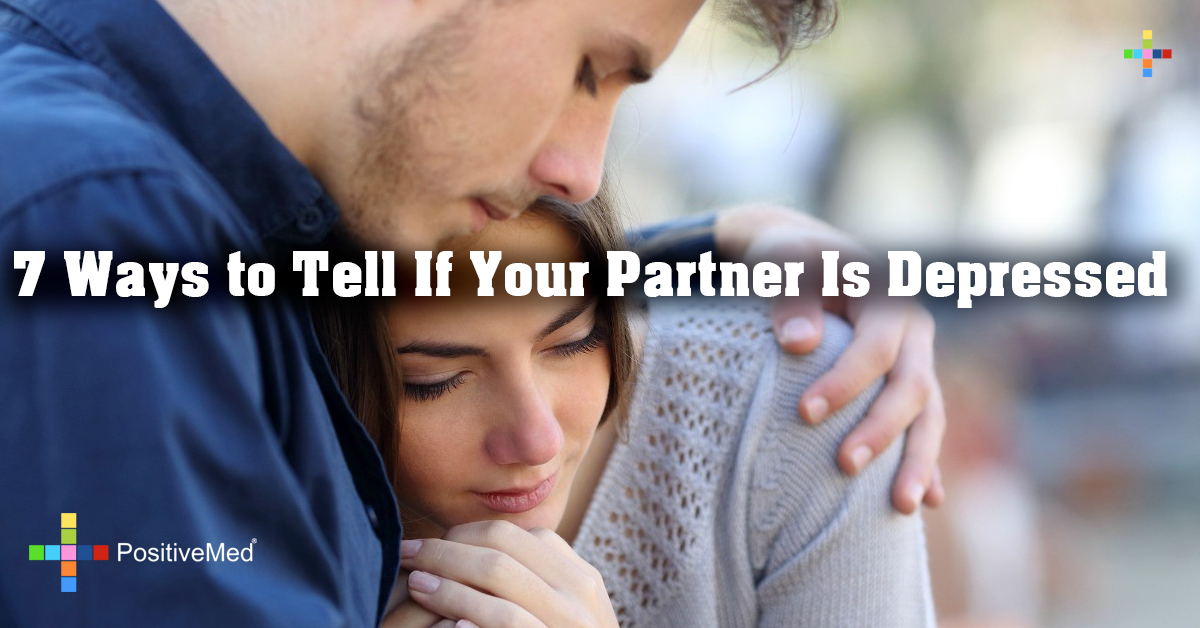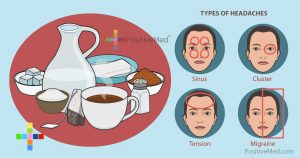
7 Ways to Tell If Your Partner Is Depressed
[nextpage title=”…”]
Depression is a personal condition that is not evident to other people. A partner is the only person, best suited to notice symptoms indicative of depression. They spend time with possible patients at home, in their personal space. The good thing about personal space is; it helps people let down their guard and allow the real emotions or state of mind to take control. Do not ignore some new, unusual behaviors in your partner. They may be red alerts for depression.
1. Emotional instabilityThe body reacts to disappointments and stressful situations with emotions. It may be long periods of sadness interrupted with joy that ends in an instance. People commonly refer to such cases as mood swings. The mood changes cause people to react differently to normal situations. My spouse and I had a culture of doing rock-paper-scissors to know who would do the dishes after dinner. Normally, I would cheat so that we get to do it together. He started getting furious when I insisted and told me I was not cooperative. I started paying attention and noticed the other things that would make him snap.
2. Sleeping less, or more than usual.When people are depressed, they react differently. Some over stress themselves on small issues, causing an overload of hormones in the body that make it impossible to sleep. They might keep going through documents in the middle of the night while making noises. Others program their minds to escape from reality. The brain will be stimulated to produce sleep hormones. Such patients will sleep for days without lacking sleep.
3.Drastic appetite changesChanges in appetite during a depression are also at the extremes. Some people overeat since it temporarily takes the pain away. Women are particularly notorious for comfort eating. A woman who watched her weight may start consuming a gallon of ice-cream and a bag of potato chips in a day. Those may be signs of depression, and a weight increase would prove it. Others focus more on their thoughts till they cannot eat. They may hyper-focus till they forget to eat. If your partner has a drastic appetite change, there could be a problem.
RELATED ARTICLE: SEE HOW THIS MAN GAVE HEARTWARMING SUPPORT TO HIS DEPRESSED WIFE
[/nextpage] [nextpage title=”…”]
4.Reduced social interaction.
Depressed people lose interest in previously fun activities. They, therefore, avoid being around individuals or places they liked. Most of the time, they are in deep thought which affects how they interact. They are always distracted and suddenly become antisocial. Some other things they do include;
• Canceling pre-planned events in the last minute
• Avoiding meeting people and opting to send them messages.
• Seeing the negative in everything followed by low self-esteem issues
5. Lack of energyDepression sets in when people give up on situations. They lack the energy to do things they did before. People who mainly start sleeping a lot will stop doing their usual activities. They will stop cleaning the house and start leaving take-out plates all over the house. They suffer from a feeling of hopelessness. In their mind, they argue on the point of doing anything if it will not go as they wish.
6. Substance abuseIf you notice your partner suddenly likes to pass by the bar and take two for the road, there might be a problem. It is common among patients in depressed situations due to emotional pain. Alcohol and other drugs numb the pain. If it goes an attended, they will develop the dependency while trying to escape reality. Those who sleep to forget their problems will start using sleeping pills to fall asleep. Without them they experience insomnia.
7. HallucinationsIn severe cases of depression, patients start seeing and imagining things. You may notice them staring for long periods or talking to themselves. They will forget things you agreed on or tell you things you are sure they never happened.
It is important to note that moods and feelings are emotions, but depression is a disease. Proper counseling can prevent it after a traumatic event. Those in stressful occupations should also have regular counseling and guidance sessions.[/nextpage]








